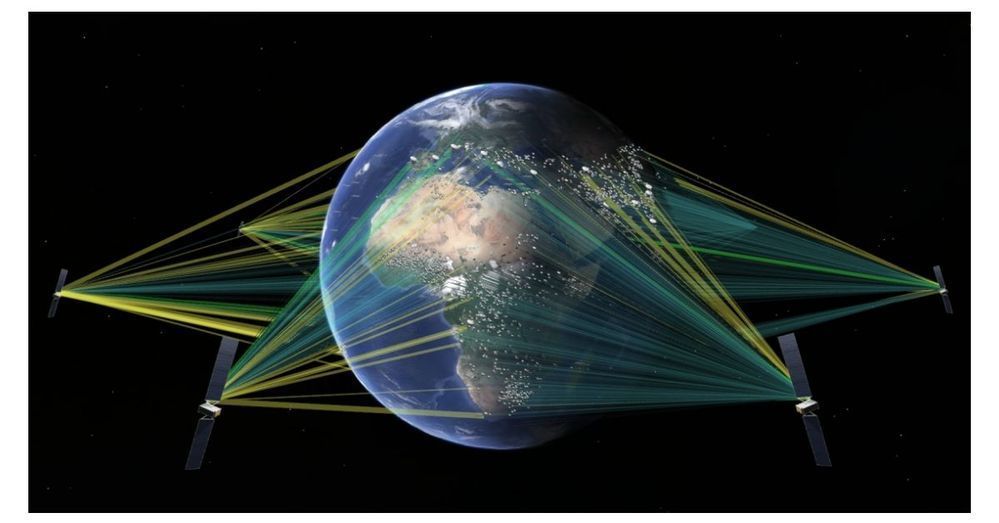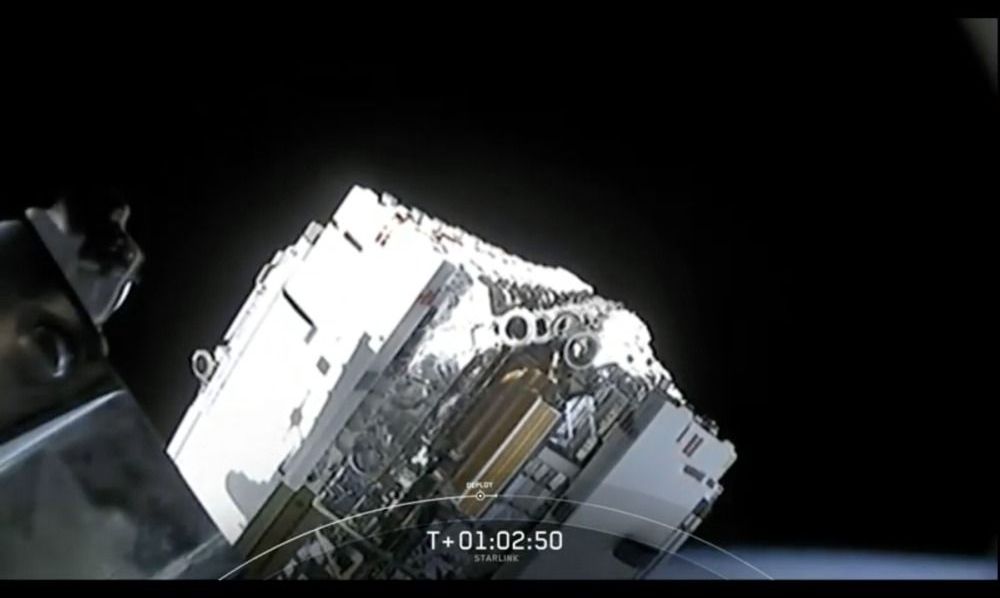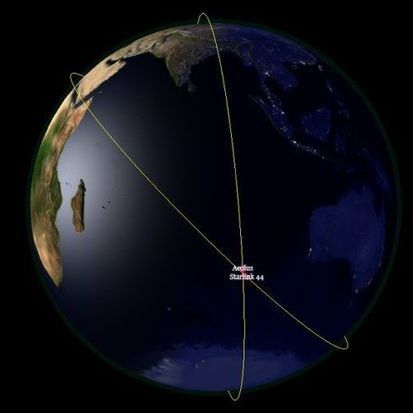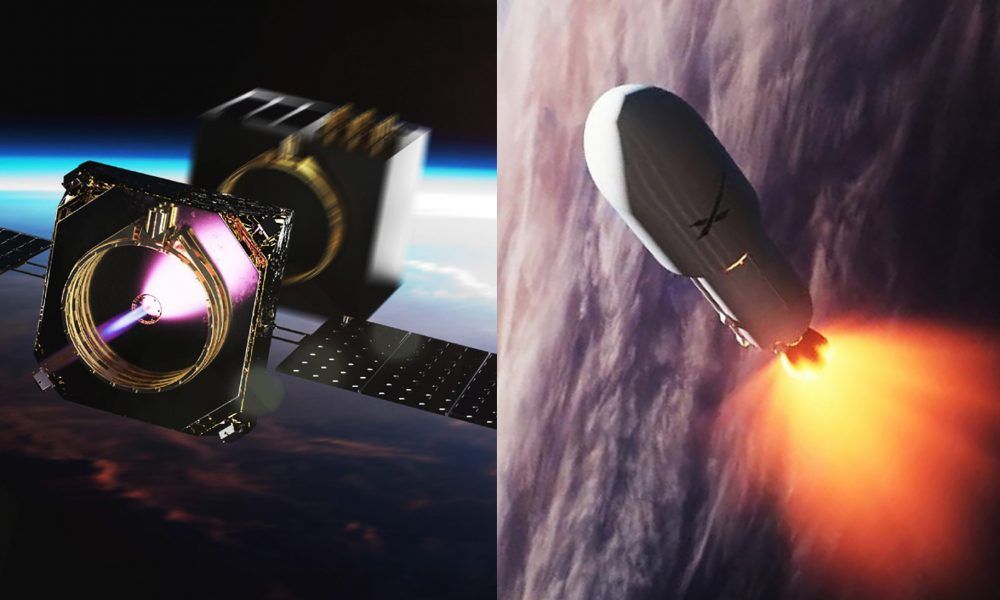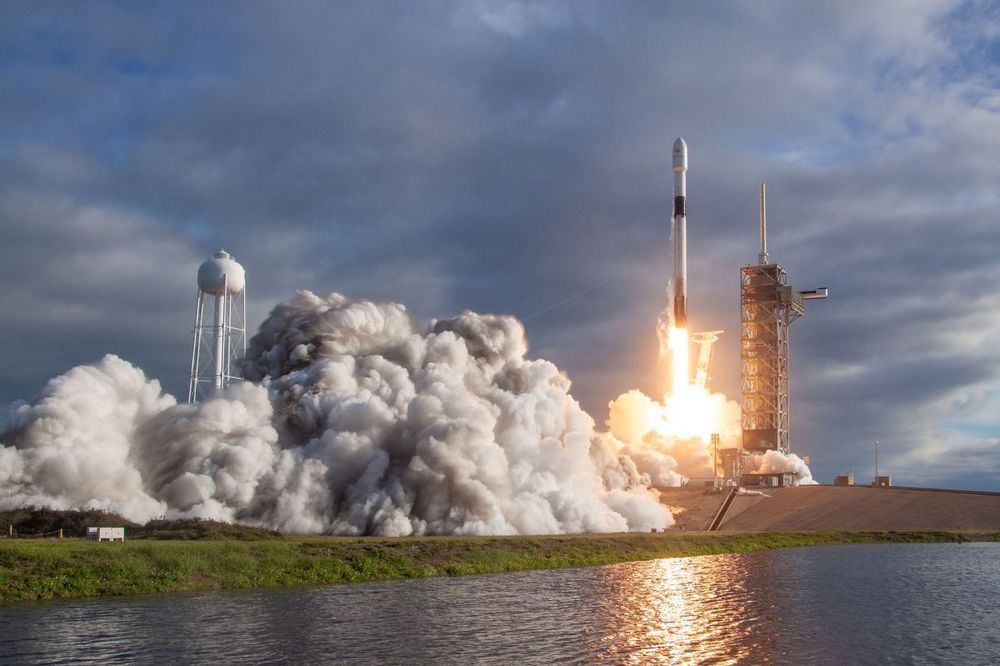LUXEMBOURG—( BUSINESS WIRE )—SES announced today that it has selected SpaceX as a launch partner to deliver its next-generation Medium Earth Orbit (MEO) satellite constellation into space on board Falcon 9 rockets from Cape Canaveral. The two companies have disrupted the industry in the past when SES became the first to launch a commercial GEO satellite with SpaceX, and later as the first ever payload on a SpaceX reusable rocket. Their next launch, in 2021, will be another one for the records as the revolutionary terabit-scale capabilities of SES’s O3b mPOWER communications system disrupt the industry again.
The global O3b mPOWER system comprises an initial constellation of seven high-throughput, low-latency MEO satellites, each capable of generating thousands of electronically-steered beams that can be dynamically adjusted to serve customers in various markets including telecom and cloud, communications-on-the-move and government. O3b mPOWER also will include a variety of intelligent, application-specific Customer Edge Terminals integrated with SES’s terrestrial network and dynamically optimised using the recently announced Adaptive Resource Control (ARC) software system, further boosting O3b mPOWER’s market-leading flexibility.
